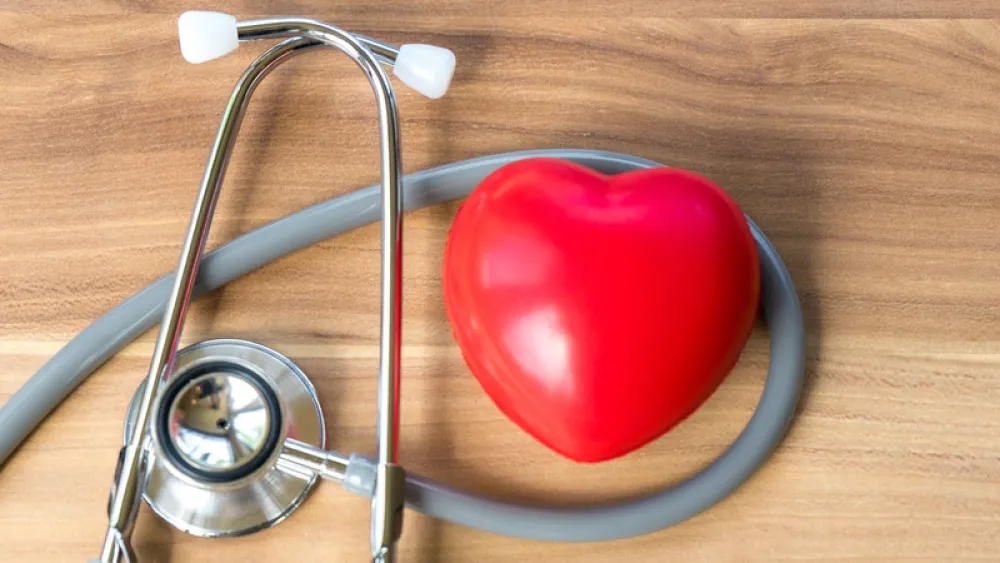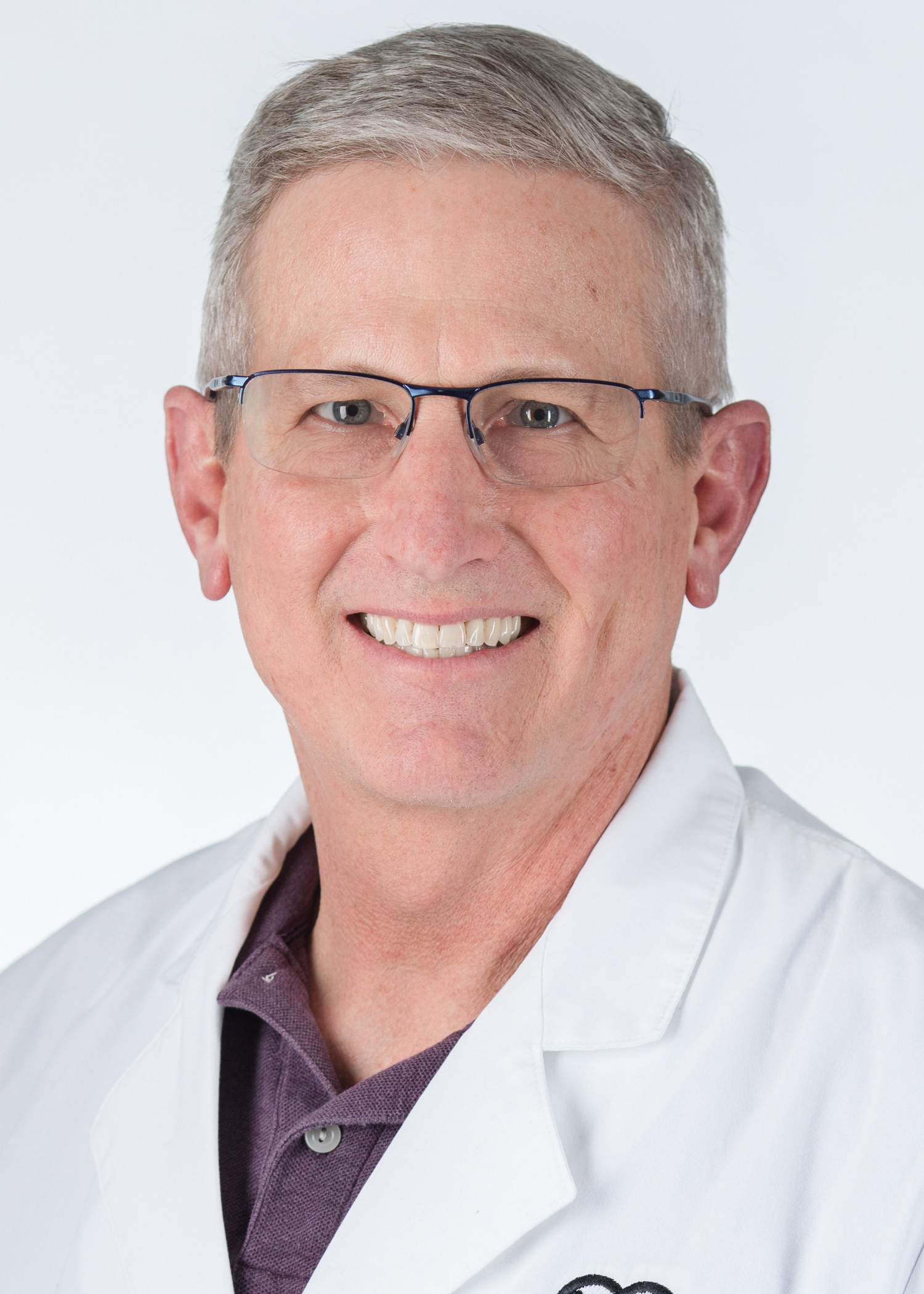Heart Health
Cholesterol's Impact on Your Healthy Heart
Published: Feb. 2, 2022

Are you battling high cholesterol? If so, it's time to follow the advice I give so many of my patients: Get it under control for the sake of your healthy heart. High cholesterol contributes to heart disease, which kills more Americans than all cancers combined.
What Is Cholesterol?
Cholesterol is a waxy, fatlike substance that your body – mainly your liver – produces. It’s used to make some hormones, vitamin D and bile acids, which help to digest fat. Cholesterol also helps build healthy cell membranes (walls) in the brain, nerves, muscles, skin, liver, intestines and heart. But it only takes a small amount of cholesterol to meet all these needs, and you don’t need more than you already have.
What Effect Does It Have on My Health?
Cholesterol causes a problem only when you have too much of it in your blood. It can build up in the lining of your arteries, including those which feed your heart muscle. Cholesterol can then narrow the area inside the artery where your blood flows.
What Can Do To Prevent High Cholesterol?
- Get regular aerobic exercise. Regular physical activity is critical to improving your cholesterol levels and cutting your risk for heart disease. Exercise reduces not only total cholesterol but also LDL cholesterol and triglycerides. It also increases HDL ("good") cholesterol.
- If you drink, do so in moderation. Excessive alcohol use increases triglyceride levels.
- Reduce stress. It may help keep your cholesterol in check.
- If you smoke, quit. Smoking raises triglyceride levels and increases the risk for metabolic syndrome.
Need help quitting? Learn more about the Methodist's Smoking Cessation Programs.
What Are the Treatment Options for High Cholesterol?
Treating high cholesterol begins with a conversation with your health care provider.
Talk with your Methodist Physicians Clinic primary care provider to learn about ways to lower your cholesterol and improve your heart health.


